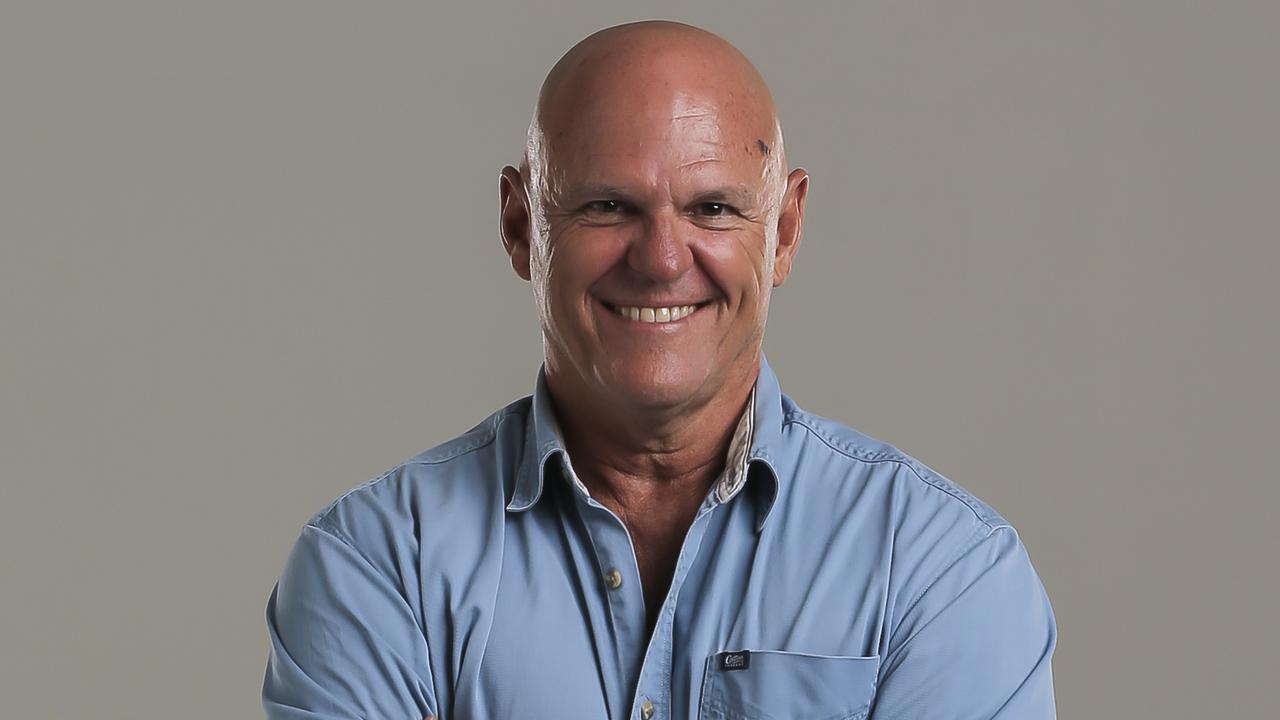Opinion: TPP fraught by Donald Trump’s ad hoc approach
DESPITE US President Donald Trump’s claim that “trade wars are good and easy to win”, there are no winners in what can quickly escalate into retaliatory measures, writes Paul Syvret.
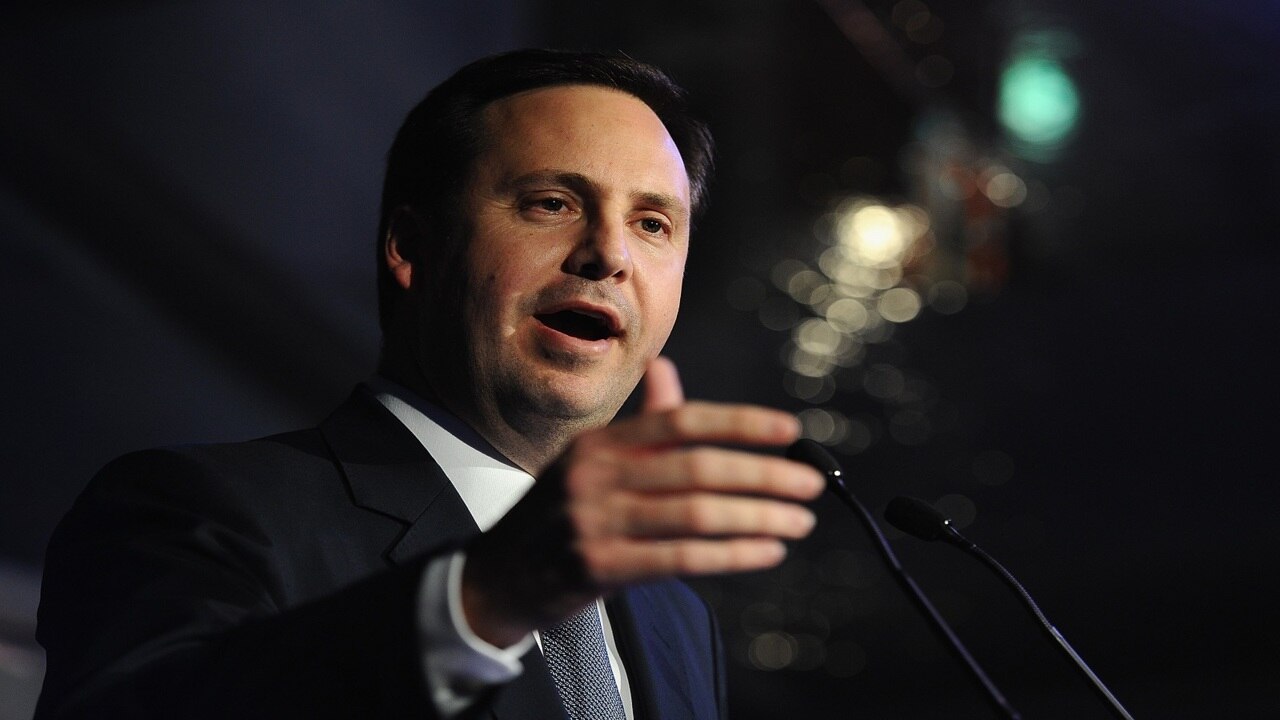
Opinion
Don't miss out on the headlines from Opinion. Followed categories will be added to My News.
TRADE wars are like a double-barrelled shotgun, the difference being that, in this case, one barrel is pointed at the perceived enemy, and the other points backwards to blast you in the ribcage.
This is what US President Donald Trump risks with his increasingly bellicose rhetoric about tariffs on key commodities – and major Australian exports – such as steel and aluminium.
As numerous commentators point out, notwithstanding Trump’s claim that “trade wars are good and easy to win”, there are no winners in what can quickly escalate into a series of increasingly punitive retaliatory measures.
Bear in mind that in 1930, the Smoot-Hawley Act, which placed hefty tariffs on some 20,000 goods imported into the United States, sparked a full-blown global trade war and is blamed by many economists for turning what was then a severe depression into the Great Depression.
The world today is a much more globalised beast, and one in which there are large, multilateral trading partnerships that simply didn’t exist
90 years ago.
Already we’ve seen these trading blocs prepare for the possibility of conflict.
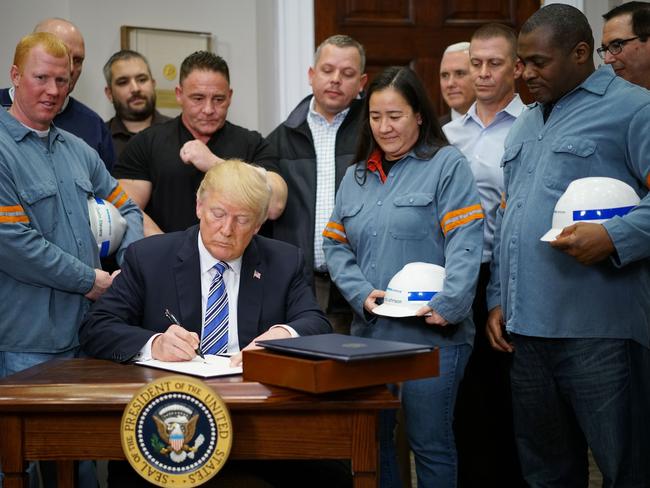
On Thursday, 11 nations, including Australia, signed a Trans-Pacific Partnership deal without the United States.
These countries – Australia, Canada, Japan, New Zealand, Mexico, Chile, Peru, Vietnam, Malaysia, Brunei and Singapore – have a combined population of about 500 million people, and economic output of $10 trillion.
Meanwhile, the European Union has said it will not sit idly by in the face of US tariffs, vowing to levy its own tariffs on a range of US exports, such as Harley-Davidson motorbikes, bourbon and blue jeans.
The challenge for policy makers trying to navigate this landscape is the chaotic nature of what are basically policy announcements made via Trump’s Twitter account.
The farcical nature of all this – as speculation mounted that Trump would make exceptions for some close trading partners, including Canada and Mexico, and possibly Australia – was highlighted by his own Commerce Secretary, Wilbur Ross, when pressed for some details on how this protectionism might work.
“Whatever his final decision is, is what will happen ... what he has said, he has said. If he says something different, it’ll be something different,” Ross told American TV network NBC.
The sense of ad-hockery and general confusion was also underscored by the abrupt departure of Trump’s chief economic adviser (and free-trade advocate) Gary Cohn, who reportedly refused to support the unilateral move on tariffs.
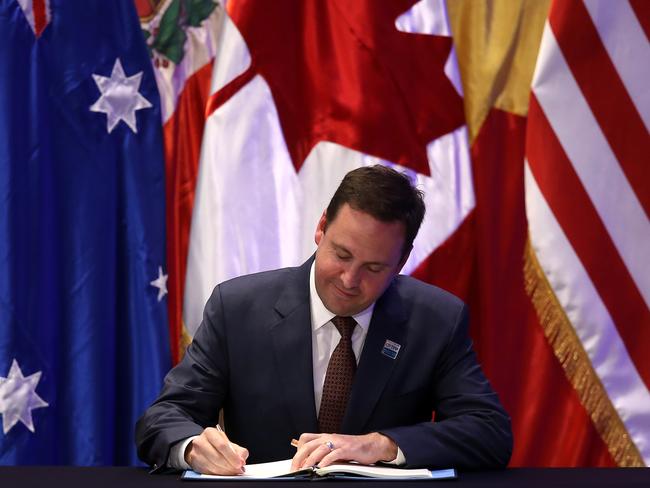
Then add a dose of bizarre, with Foreign Affairs Minister Julie Bishop yesterday confirming that golfer Greg Norman had been enlisted to lobby Trump for an exemption for Australian steel and aluminium exports.
Those entreaties clearly failed, with Trump announcing yesterday that he would slap duties of 25 per cent on imported steel and 10 per cent on aluminium – to come into effect in a fortnight – with only Canada and Mexico exempt.
He also foreshadowed further tariffs – or what he calls “reciprocal taxes” – on other goods, saying: “We’re going to be doing a lot of that.”
In the interim he left the door open to sparing other countries – such as Australia – saying his new tariff policy was “flexible”, Australia was a great friend and long-term ally, “and we’ll be doing something for them”.
Many of Trump’s fellow Republicans have been critical of the move.
Arizona Senator Jeff Flake described the flexible tariffs regime as “a marriage of two lethal poisons to economic growth – protectionism and uncertainty”, while Speaker Paul Ryan warned of unintended consequences and said “there are unquestionably bad trade practices by nations like China, but the better approach is targeted enforcement against those practices”.
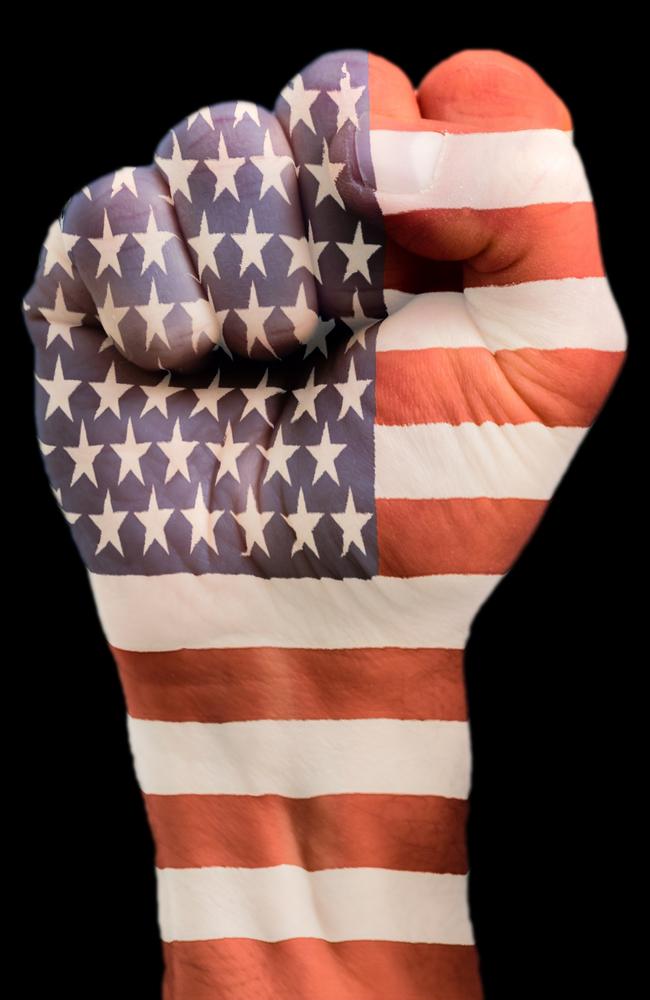
The danger for Australia, even if we do manage to extract an exemption – and bearing in mind that Trump has warned of more tariffs to come – is that steel-producing nations will look to our market to unload or “dump” steel (and other goods) that would otherwise have gone to the US.
For the American economy it is also bad news, especially for sectors such as construction, car manufacturing and aerospace, which will see the cost of key inputs soar on the back of the tariffs.
In 2002, when president George W. Bush imposed hefty tariffs to try to “save” the US steel industry, the move ended up costing tens of thousands of jobs, and the tariffs were removed the following year.
As the Consuming Industries Trade Action Coalition pointed out, the gains for steel makers were more than offset by losses incurred in steel-using sectors, which employ more people.
The key here is the fact that countries targeted by tariff barriers do not pay the levy. It is a tax on the consumers in the country imposing the tariff.
If taken too far though, retaliation is almost inevitable.
As Trade Minister Steven Ciobo warns, too often protectionism is confused with patriotism, which represents “a dangerous trend that could lead to economic ruin”.

